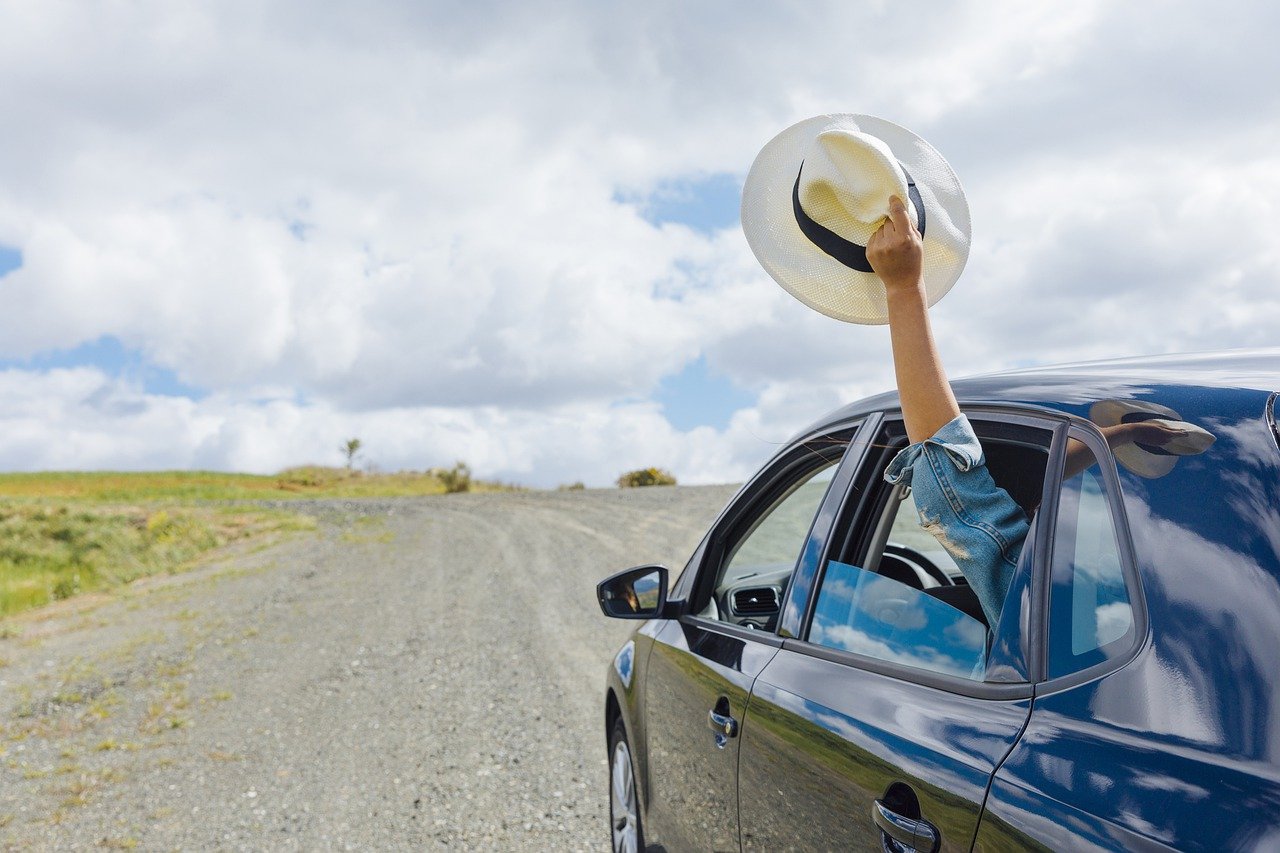How to Prepare Your Car for a Long Drive
Summertime is road trip season. The weather is warm and perfect for you and your loved ones to hit the road. Planning one is an enjoyable process if you want to make the best of the trip. With airport restrictions in place in certain regions, road travel has become popular amongst young people worldwide.
While travelling via road sounds fun, many tiny details in your vehicle can make it the worst experience of your life. Like other forms of travel, it’s best to plan and keep important information in place. Since you’ll be driving, you should ensure to prepare the vehicle for the road ahead. Beyond getting stranded in unknown locations, many things can go wrong when you travel without keeping your car in top shape.
Check out these tips to find out how to prepare your car for a long drive.
Check The Oil and Brake Fluids
The motor oil and car fluids are the life-blood of the car. During vehicle servicing, your mechanic inspects six oils. How long have you driven the car since the last service? Depending on the distance of the road trip, you might need to replace all six oils.
The motor oil lubricates moving parts of the engine to prevent friction. Car manufacturers recommend replacing this oil every 7500 to 10,000 miles. Since vehicles generate heat while in motion, the radiator serves as a coolant. If the oil dries up, your car could overheat in traffic. Flush the system after at least 40,000 miles.
The brake oil and transmission fluid help you drive smoothly. Without these two, you would have issues with the brake pad and steering wheel. Even if you purchased a lifetime transmission fluid, consider a replacement after 60,000 miles. Flush the brake system after 24,000 miles. Don’t overlook the windshield wiping and power steering fluids.
Inspect the Tires
Travelling with weak tires can ruin your road trip. Beyond the discomfort, the resulting fuel consumption could burn a hole in your pocket. Since they come in direct contact with the road, ensure the tires have even tread depth. Insert a coin in the tracks and look out for the head. If the icon goes deep, you’re good to go. Look out for cuts and defects as well.
Check the tire pressure before you leave to see if they’re properly inflated and inspect again after every 1000 miles. Don’t forget to travel with a spare in case you get a flat tire on the road.
General Maintenance
Even after checking the fluids and tires, many things can go wrong with your vehicle during a road trip. That’s why you must take your car for a general maintenance check to fix any issues you could’ve missed. For instance, the air filters control the supply of oxygen to the engine and car passengers. Dirty filters clog the engine system and trigger fuel leakage into the exhaust system. You can imagine how dangerous this can be for the car and its passengers.
The serpentine belt powers accessories like the steering and water pump. Since they wear and tear quickly, consider replacing them before travelling.
Check the AC
If you’re taking a summer road trip like everyone else, you already know how necessary it is to have a cooling system. People feel dehydrated and tired during hotter days. Since you’ll be in the car for hours, consider inspecting the belts and other functions so you can enjoy cool, refreshing air on your journey.
Clean The Car
It’s not strange to have your gym equipment and laundry bag in the trunk during your daily commute. But if you’re driving longer than usual, this can increase your fuel mileage. The extra weight from the dirt and random items could cost you gas money.
Beyond fuel, it’s refreshing travelling with a clean car. Vacuum the seats and pay for intensive detailing. You might get extra legroom and luggage space when you clear out the cans and receipts lying around. Clean the cup holder so you won’t have to place a drink in your lap while steering the wheel.
Pack Car Essentials
After cleaning the car, take things to the next level by packing and organizing your essentials. Keep a navigation system handy – but don’t leave out physical maps. You don’t want to get stranded in a location without internet access. Ensure the charging ports function well so you can pack cords for your phones and accessories. Remember to set aside a bag to collect trash and food waste.
Renew Your Vehicle Credentials
Always plan before any trip. Make sure all your vehicle documents are up to date. Check the expiry date on your driver’s license and plate number to see if they need renewal. Make sure your insurance payment is also up to date. Beyond car documents, your passport and visa can come in handy in case you’re driving on a cross-country trip. Consider paying for a CAA membership to benefit from their roadside assistance offer.

